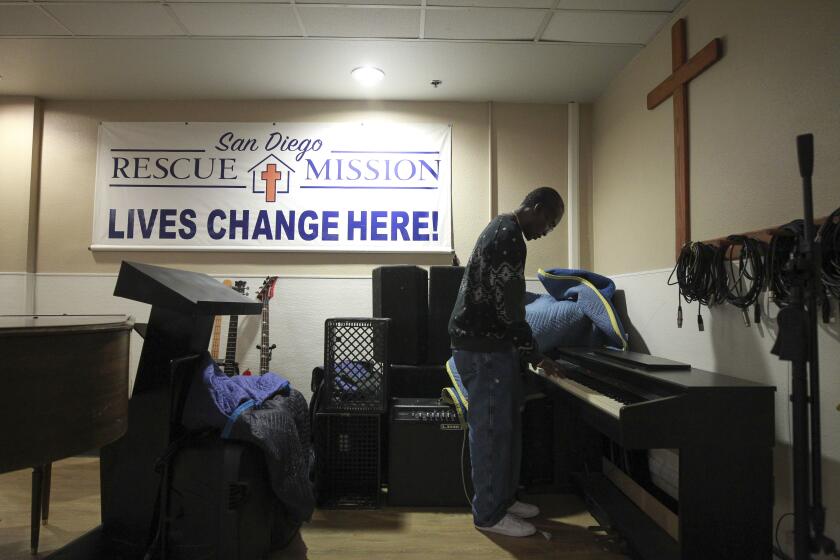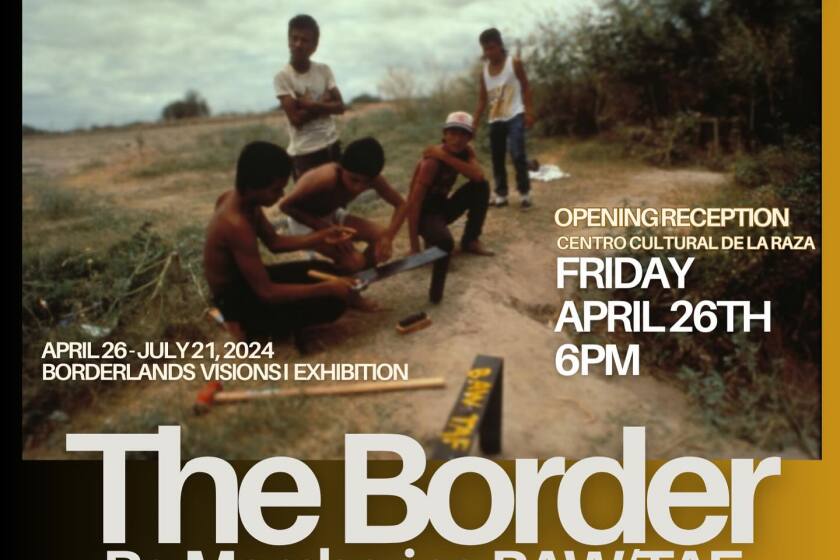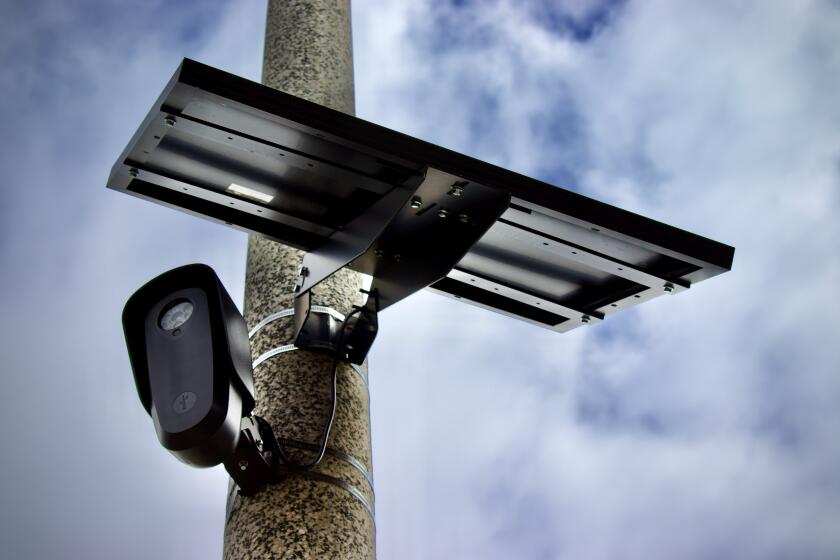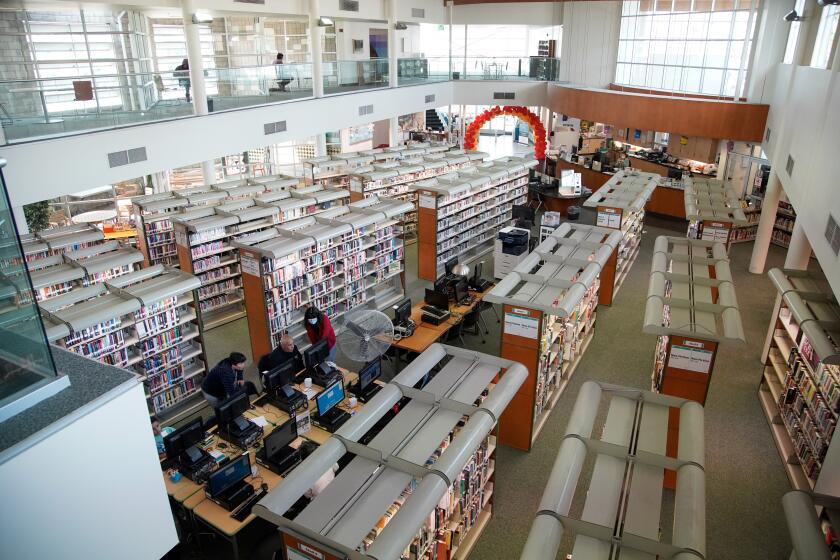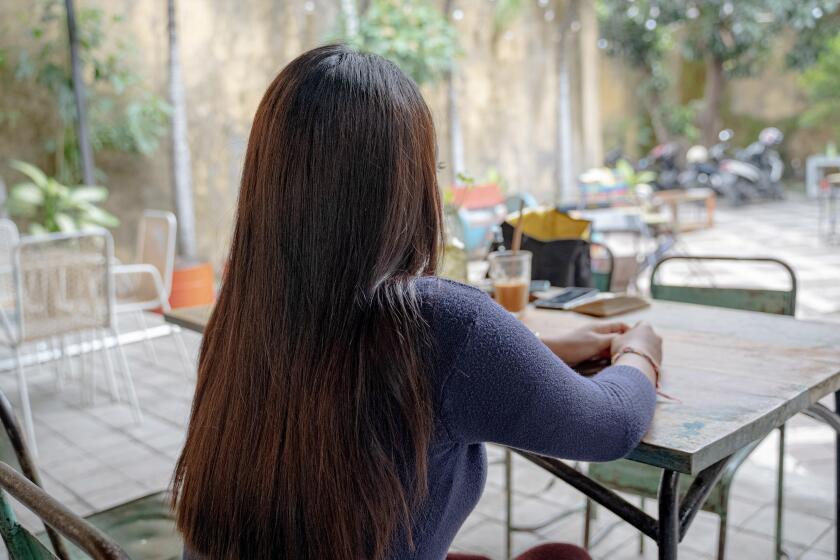Commentary: Our research showed racial disparities in San Diego police stops. Our report was shelved.
Last week, a flood of residents urged the San Diego City Council to reduce the San Diego Police Department’s funding. While this reflects a growing awareness of the harm inflicted by the police on communities of color, we must recall the last time that racial disparities in policing were taken up by the council.
We are researchers from San Diego State University who conducted a study of traffic stops by the SDPD. Three times over the course of 2016 and 2017, we presented our research findings and recommendations to council members, only to have them immediately shelve our report.
We earnestly believed that providing data on police officer behavior would help to eliminate racial disparities. But we were wrong. Why? Because police departments should not be trusted to reform themselves.
Read more perspectives on racial justice and police:
We’ve had to sit back and watch as our profession is callously torn down.
As we see our country in turmoil, many people have come to believe policing is at the heart of the issue and there is no doubt policing has serious issues that must be resolved.
Our quantitative analysis showed clear and consistent patterns of racial disparities: Black and Latinx drivers were more likely than white drivers to be searched during a traffic stop. Despite being searched more often, these drivers were less likely to be found with contraband like drugs or guns. Black drivers were subjected to field interviews (questioning outside of one’s vehicle) at more than twice the rate of White drivers. These findings are consistent with an overwhelming body of research, and confirms the experiences of many Americans of color of “driving while Black or Brown.” We also found substantial evidence of underreporting of stops, as well as missing information about the stops that were recorded.
So if data on police behavior consistently show patterns of racial disparities, why do these practices continue?
Police officers believe they are neutral or “colorblind” in implementing traffic stops. The vast majority of SDPD officers we interviewed saw racial bias as detrimental to effective policing and bad for police-community relations. Explicitly racist officers were the few “bad apples,” the ones who should be removed from the force.
Yet the “bad apple” argument avoids acknowledging the implicit racism that forms a pattern of systemic racism and leads to the view that police have dealt with racism.
Racial disparities in traffic stops manifest most commonly during what are called “pretext” stops — stops conducted under the pretext of crime control. In our interviews, SDPD officers discussed a departmental practice of “criminal profiling,” in which traffic stops were described as “going fishing” or “hunting” for “bad guys” or “thugs.” Officers do so with wide discretion.
As one officer told us, the traffic code book is “4 inches thick … [full] of ways I can, or the state of California [can], find that your vehicle is in violation.” Officers consistently described indicators of race and poverty as shaping their decision to pull someone over, from a broken taillight or other signs of a poorly maintained vehicle to a driver’s race being “out of place” with the neighborhood.
Implicit bias training is potentially helpful, but only if it can unravel the connection between race, poverty and criminality that is sustained by police language and behavior from top to bottom.
Then-SDPD Chief Shelley Zimmerman went to great effort to downplay the report’s findings and recommendations, repeatedly stating that “every human being has bias.” This raises important questions about how seriously police departments and officers take training, such as that on implicit bias, or whether they simply see it as a way to defend against outside criticism.
Together with longer-term efforts to reimagine public safety, here’s what we can do immediately to eliminate some harmful effects of policing on our communities:
First, police contact with the public should be minimized wherever possible. Eliminating pretext stops would be a great place to start. The costs of such stops are enormous, as recent deadly incidents have shown. Further, there is little evidence that pretext stops help in crime control or investigation: of the nearly 260,000 traffic stops recorded by SDPD officers across the two years of our analysis, only 1.3% led to an arrest.
Second, an independent community oversight board with investigatory and subpoena powers must be established, as well as a plan for data analysis to monitor police behavior. Police departments cannot and will not reform themselves; consistent, independent checks are necessary to hold police accountable for their actions.
The SDPD and the San Diego Police Officers Association will fight to maintain the status quo through lobbying efforts and the endorsement of political candidates. Police departments are used to winning these fights and will continue to be adversaries in the push for racial justice.
The best chance for meaningful change is one urged on by community members, led by the City Council, and placed in the hands of an independent entity, created to reflect the community’s needs and given the power and resources to hold the SDPD accountable.
Welsh and Chanin are both associate professors of criminal justice and public administration, and Henry is professor emeritus of criminal justice, all at San Diego State University’s School of Public Affairs.
Get Weekend Opinion on Sundays and Reader Opinion on Mondays
Editorials, commentary and more delivered Sunday morning, and Reader Reaction on Mondays.
You may occasionally receive promotional content from the San Diego Union-Tribune.
